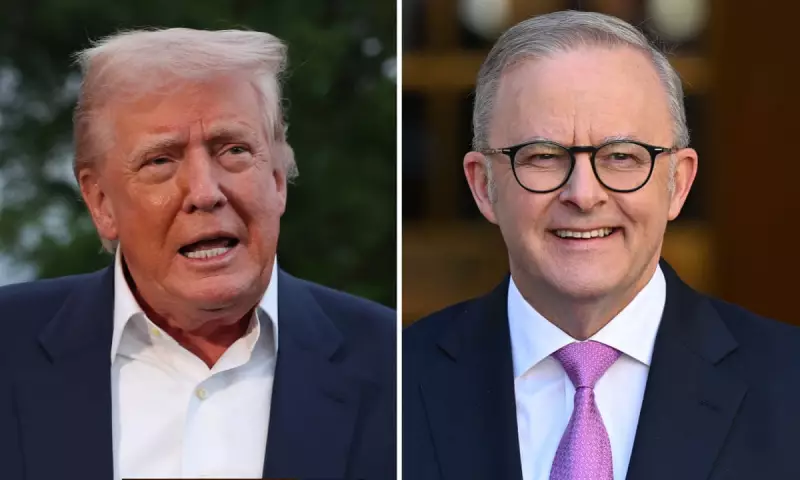
Australian Prime Minister Anthony Albanese has been actively, yet quietly, working behind the scenes to secure a pivotal meeting with former US President Donald Trump, a strategic move that has so far ended in frustration. The revelation sheds light on the delicate diplomatic dance underway as global powers reposition themselves ahead of the next American election.
According to exclusive reports, multiple attempts have been made through official channels to arrange the high-stakes engagement. These efforts underscore the Albanese government's acute awareness of Trump's potential return to the Oval Office and the profound implications for Australia's national security and economic interests.
The Stakes for the AUKUS Alliance
At the heart of this diplomatic push lies the monumental AUKUS security pact. The multi-billion dollar submarine agreement, a cornerstone of Australia's defence strategy, could face significant uncertainty under a future Trump administration. This concern is driving Canberra's urgency to establish a direct line of communication and foster goodwill with the Republican frontrunner.
The attempted outreach has not been a simple task. Diplomatic sources indicate that navigating Trump's inner circle and complex political orbit has proven challenging for Australian officials, who are more accustomed to traditional channels of statecraft.
A Pattern of Cautious Engagement
This isn't the first time the Albanese government has signalled its willingness to engage with Trump-world. The Prime Minister previously attracted attention for his cautious but notable comments following the January 6th Capitol riots, a move interpreted by many analysts as an early attempt to keep diplomatic options open.
The current situation presents a classic foreign policy dilemma: how to maintain strong ties with a sitting Democratic administration while simultaneously preparing for a possible Republican restoration. For middle powers like Australia, this balancing act is becoming increasingly complex and vital to national interests.
As the world watches the US political landscape, the success or failure of these diplomatic overtures could have lasting consequences for one of the world's most critical strategic partnerships.






